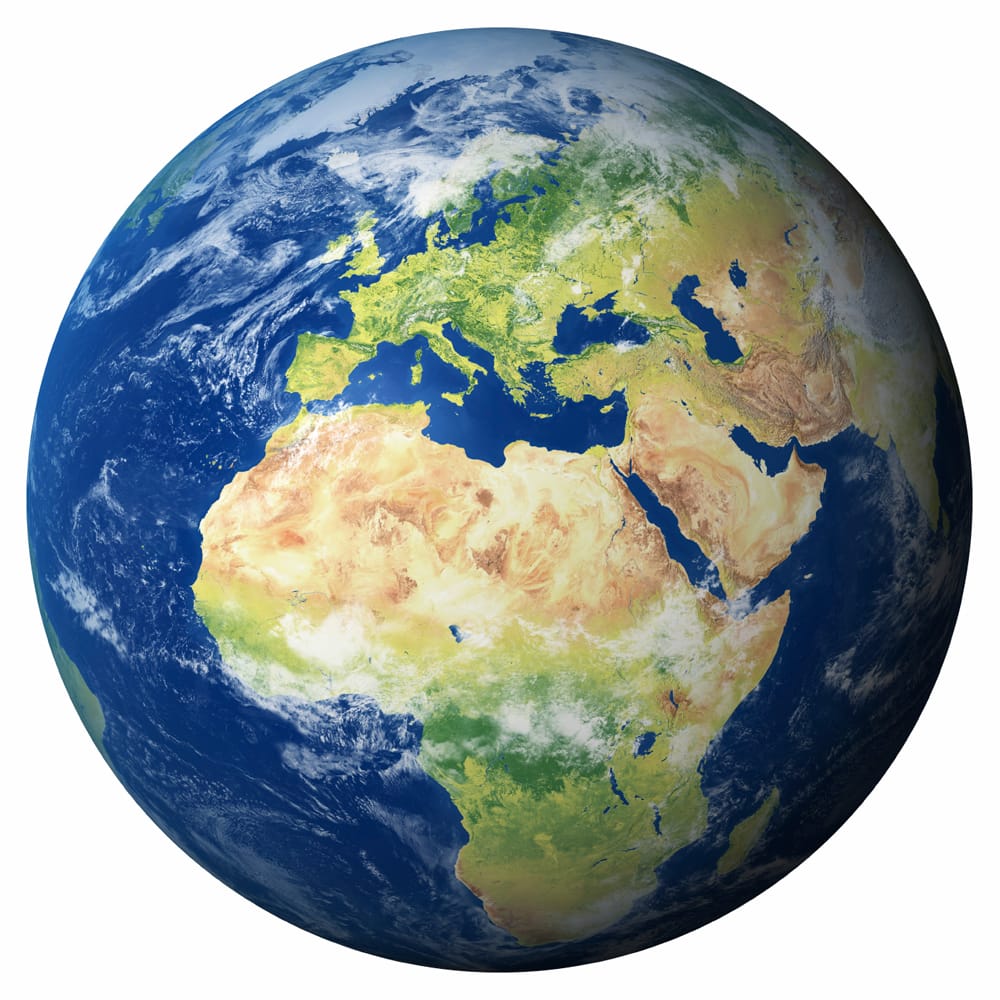All land belongs to God.

As a pastor, I’d say that although I recognise people’s needs, although I know about historical, deliberate displacement of families and the emotional trauma thereof, although I am able to feel, as deeply as I can, the straightforward pain of being imposed upon, and being reduced to poverty, the question of correcting all these realities can’t be reduced to ownership of land.
The fact is that the innermost heart of humanity isn’t about ownership. This is a currently hyped politically opportunistic venture into persuasive words to stir emotions and gather votes.
I am a pastor. My vision and concern is to hold care for the human heart supreme, and by so doing, to honour God. Remove God from the equation, and you have humans fighting and squabbling and grabbing land much as predators and scavengers fight over food.
We are more than that.
I could spend a lot of time pointing to what Jesus Christ practised, but I can cut to the chase: he owned no land, and had no need to, because he created it.
His was the sun that volcanoed out our still-cooling earth: his is the mysterious crust on which we walk, wondering how we have come to be here. His is the strange vigour of life which we realise as we engage with our ongoing sense of purpose.
Owning land means nothing if we don’t know how to husband the land, and the husbanding of families, as a point of significant engagement, has a long way to go, in our country. The hard work, the economic challenges, the discipline of development have been largely ignored in the call for compensation.
As we argue with one another, and make presentations about what land belongs to whom, we forget how to honour the land, as we try to beget honour for ourselves. Land owes no-one anything. If we feel strongly that we are owed land, let’s not become arrogant and fall prey to ignorance. The entirety of history reflects boundaries and ownership claims. South Africa is no special exception.
We have the opportunity and the ability to rise above self-pity, greed and opportunism. Our rhetoric and purpose should reflect this. Practically, there is no solution to ownership. Stewardship is a more relevant word, and husbandry the practicality. Owning land means nothing. You have to know what to do with it, and with educational aspirations being as dismal as they are at this time, handing over land for the sake of handing over land is futile.
I am a pastor. I object to the political rhetoric that destabilises, for the sake of political purposes, our human sense of collaboration. Let the dispossessed speak to the possessors, let owners speak to those who do not own, let us allow the language of collaboration rather than promote the rhetoric of antagonism.
And let us remember that stewardship and husbandry of land mean more to the people than ownership of land.
It’s of little use to own a car if you don’t know how to drive it.
It is of no use to claim land if ownership is the main intention, and fruitfulness neglected.
Let us be practical as well as ethical, spiritual as well as material, and frank in our words with each other.
And let us remember that he who created not only land, but also the celestial heavens, dwells in our real hearts.
I am a pastor, not a politician. I do not seek votes. I seek the conviction of hearts and the concrete building of God’s kingdom. I seek economic opportunity. I seek minimisation of impediment to meaningful work. I seek family foundations. I seek that which really can be done, not the naive daydream of empty ownership, the rhetoric of which sprouts from manipulative politicians. I seek the real walls of healing homes, not the pretended paint that covers nothing.
Jan Oosthuizen
(Thanks to Dr Wally Willies for putting words to my voice)

